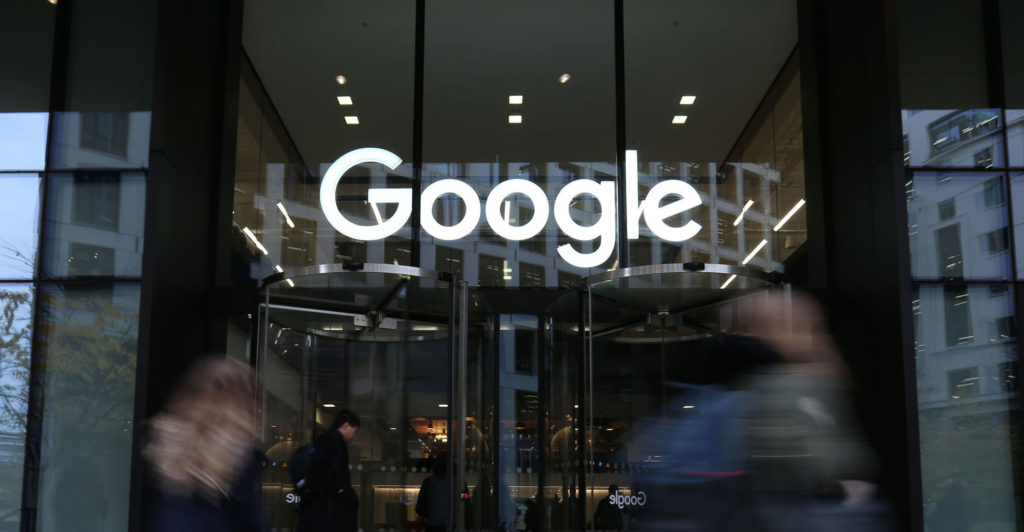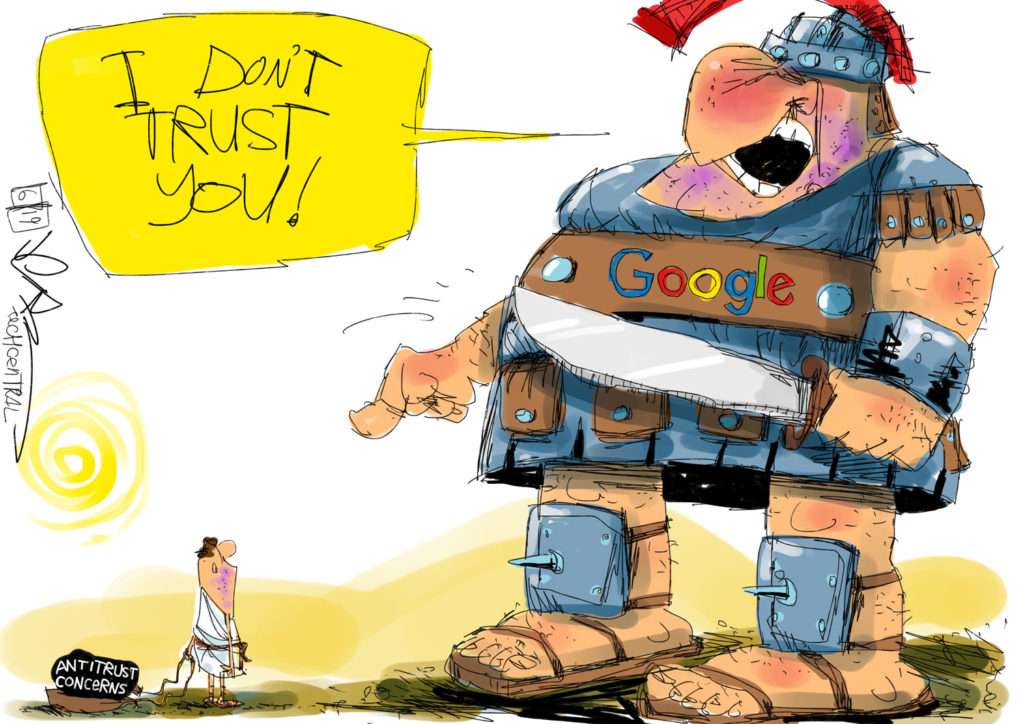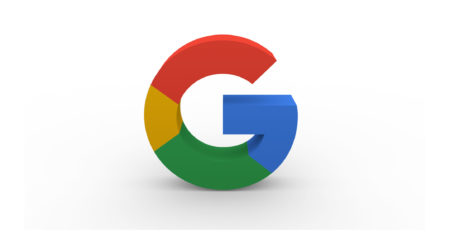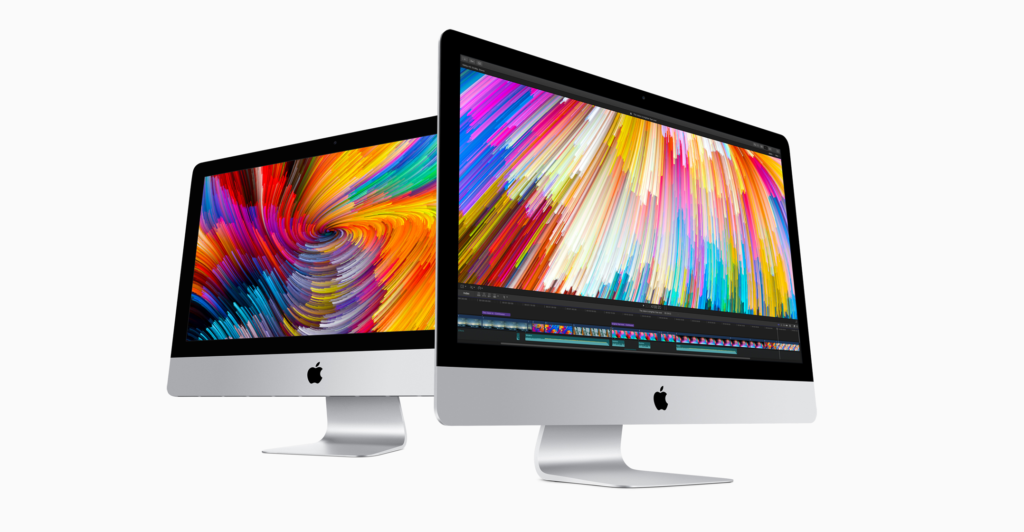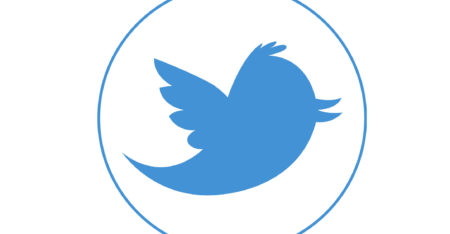Google has confirmed it has appealed against a €1.5-billion fine issued by the European Commission for alleged illegal practices in search advertising.
Browsing: Google
Oracle announced on Wednesday that it has secured a cloud-computing alliance with Microsoft, an acknowledgment the database giant’s go-it-alone approach to the cloud wasn’t working.
Custom-tailored capitalism is what has made Google, Facebook, Amazon and others the richest companies in the world. But this business model has enormous potential to violate civil liberties.
The smart money is still on Europe taking the more adventurous and aggressive antitrust measures. But there’s no ignoring the shift on both sides of the Atlantic.
View the latest contribution from TechCentral cartoonist Jerm.
The looming US antitrust investigation of Google is galvanising as many as a dozen companies to gather their longstanding complaints about the Alphabet unit and consider bringing them to the justice department.
Apple has announced a slew of new privacy features on Monday, including a new “sign in with Apple” capability.
This is the moment the US technology superpowers surely knew was coming: the US government is preparing to crawl all over Google to figure out whether it is an abusive monopolist. It and other tech giants should be quaking in their fleece vests.
Twitter is showing its users more ads. That’s a clumsy approach to boosting advertising revenue in an age of sophisticated micro-targeting, and it shows the weakness of Twitter’s business model.
Google’s Maps app will now warn South African drivers about speed limits and both permanent and mobile speed traps.


